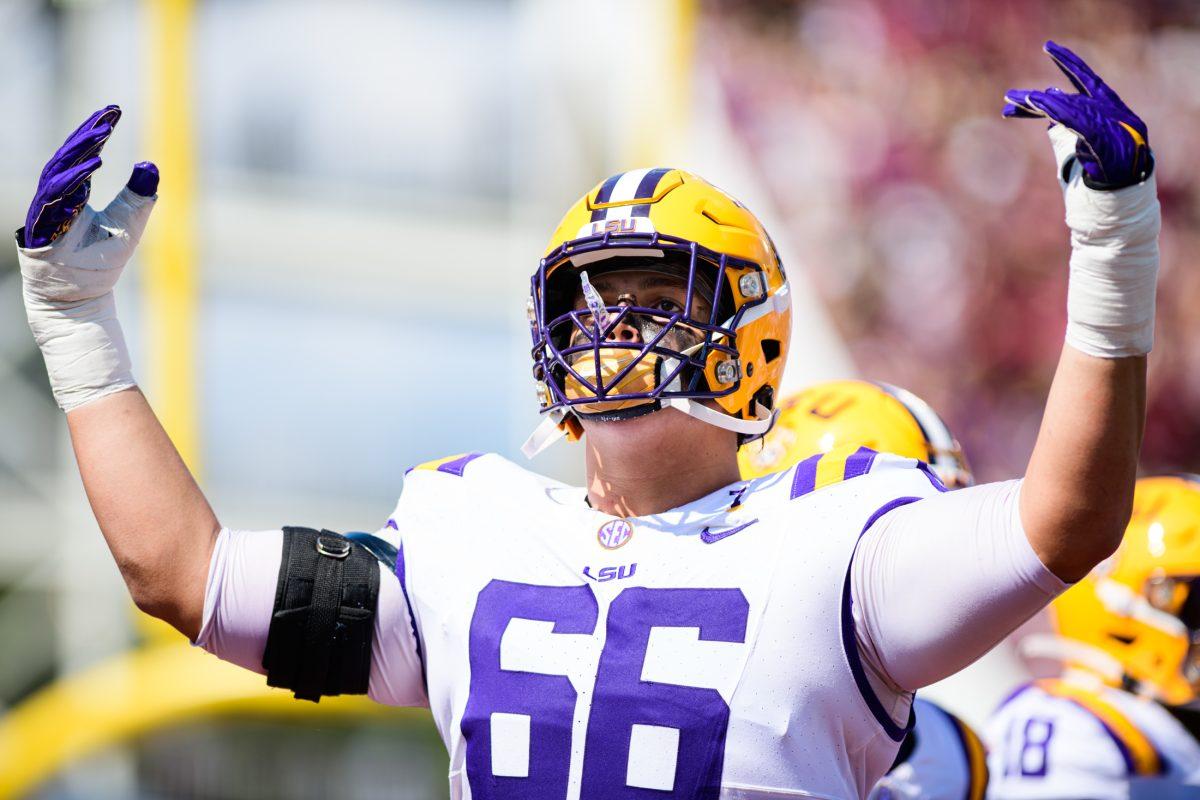With only a limited amount of minority leaders, more students are struggling to find University officials who “look like them.”
“They need to show their faces,” said Lynn Smith, an electrical engineering sophomore. “They need to let everyone know they are here.”
Katrice Albert, assistant director of the Office of Multicultural Affairs, said minority students should seek out faculty who they feel can best meet their needs.
“A lot of students don’t see a lot of ethnic minority faculty and staff,” Albert said.
The role of the minority administrator is to encourage every student, she said.
“I think we are doing that,” Albert said. “These faculty are looked up to, and to a large extent, they have to do everything in their job description and more. But, there isn’t a magic number that means we are a diverse University,” Albert said.
Although the numbers seem dismal, those minority leaders already on campus are making their voices heard, she said.
“I think in terms of minority leaders, students should be interested in who cares about them, cares about issues they face and potential mentors who can help them navigate college life,” Albert said.
The same could be said for the University’s international students.
International students usually do not come to mind when considering minority issues, yet they make up 24 percent of all minorities on campus.
However, under-representation is not at the top of the list of concerns for most international students.
“There are so many minorities on campus, it’s hard to represent everyone’s interests,” said Zain Hakeem, a philosophy pre-med senior whose family is from Pakistan.
International students seem most concerned with how the University can help them reach their goal of earning a degree and getting a job after graduation.
Xinkun Wang, a mass communication graduate student, said the University should provide more events to help international students find jobs after graduation.
“It is very hard for international students to find jobs,” Wang said.
Cecilia Osorto, an industrial engineering junior and Society for Hispanic Professional Engineers social committee chair, said she does not feel under-represented in comparison to other organizations such as Student Government.
“Its leaders make [SG] as visible as it is,” Osorto said. “We’re working to imitate that.”
Most minority students agree student leadership can play a bigger role in bringing about the changes that will benefit them.
“It depends on everyone,” said Terria Hutchinson, a biology freshman. “Minority student leaders are our voice too.”
Some students feel SG needs more diverse representation.
“SG should include more internationals on its panel,” said Abhijit Barua, an accounting doctoral student from Bangladesh.
Alternately, Hakeem said a diverse presence is not as important as a diverse focus.
“It doesn’t matter who’s in office and what their background is, as long as they understand the varying interests at an educational institution,” he said.
The fate of minority leadership will depend on the University, said Emilia Gilbert, a public relations senior.
“It is going to have to permeate through all levels of campus life and become a priority,” she said.
Albert agreed.
“We are forever on a journey of appreciation and understanding of difference and diversity,” Albert said. “It cannot stop here. It has to continue.”
Students seek familiar face in community representatives
December 4, 2002




